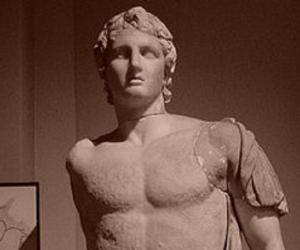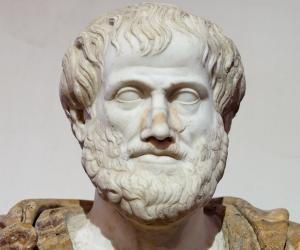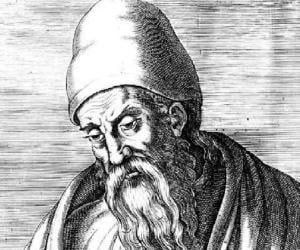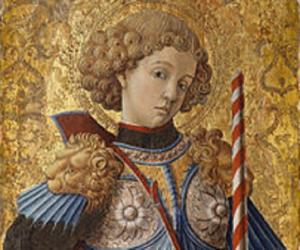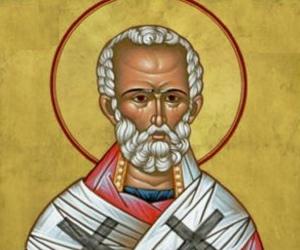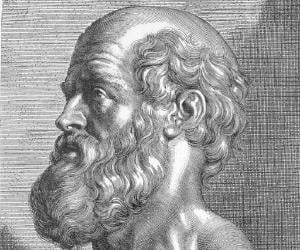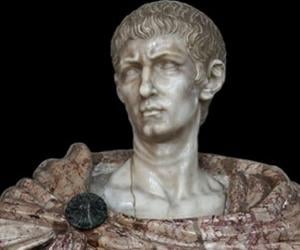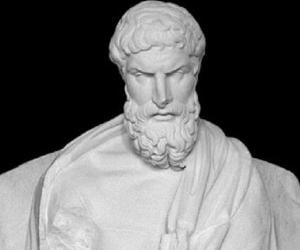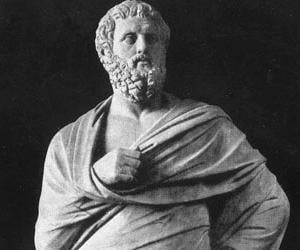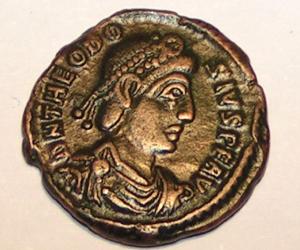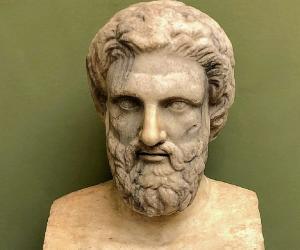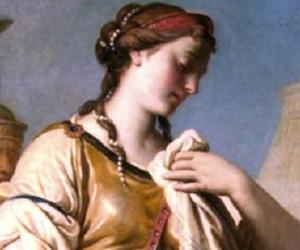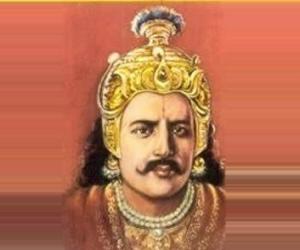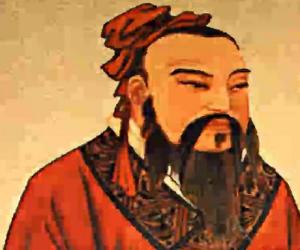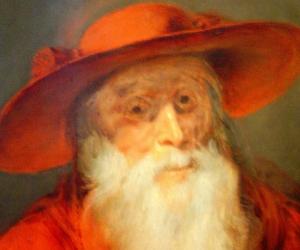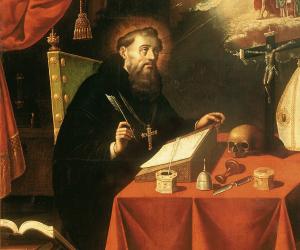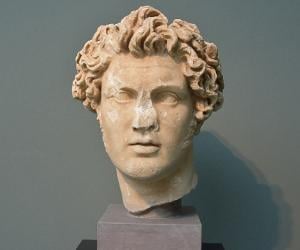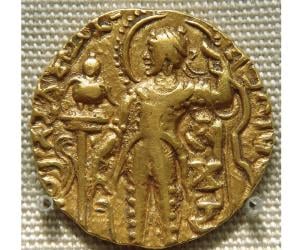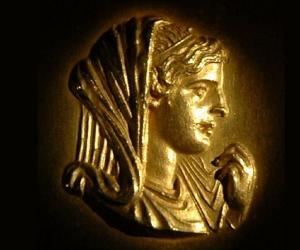Counted amongst the greatest military commanders of all times, Alexander the Great successfully created one of the largest empires—from Macedonia to Persia and India—of the ancient world. The son of King of Macedonia, Philip II, he ascended the throne at the age of 20 and achieved unprecedented success before he died at the age of 33.
Famous Greek philosopher and scientist, Aristotle, made significant contributions to various fields of science and arts of his era–logic, biology, politics, economics, ethics and aesthetics. Along with Socrates and Plato, he laid much of the foundation of Western philosophy. Student of Plato and teacher of Alexander the Great, he founded Lyceum, the school of philosophy, and the Aristotelian tradition.
Plato was one of the most important Ancient Greek philosophers, who contributed greatly to the fields of mathematics, metaphysics, politics, art, and poetry. Along with his famous student Aristotle and equally famous teacher Socrates, Plato is considered one of the founders of spirituality and Western religion. Platonism remains one of his important contributions.
Saint George was a Christian soldier in the Roman army who is accepted as a saint in Christianity. He was sentenced to death for refusing to recant his Christian faith and was executed by decapitation, according to Greek tradition. Saint George's Day is celebrated in his memory on 23 April. He is one of the most venerated saints in Christianity.
Democritus was an Ancient Greek philosopher whose philosophies predated Socratic philosophies. He is credited with formulating one of the earliest atomic theories of the universe. Best known for his work on subjects like biology, anthropology, and cosmology, Democritus is considered by many to be the father of modern science. He was also a pioneer of geometry.
Greek philosopher Epicurus is remembered for establishing a school of philosophy known as Epicureanism. He believed that people could achieve ataraxia and aponia, freedom from fear and pain, unless they indulged in amoral behavior. He established a school named The Garden in Athens, where students could discuss philosophical ideas.
Theodosius I, or Theodosius the Great, ruled as the Roman emperor from 379 to 395. He made Christianity the state religion of his empire and constructed architectural marvels, such as the Column of Theodosius, the Golden Gate, and the Theodosian Walls, in Constantinople. He ended conflicts with the Goths and barred pagan rituals in the Olympics.
Roxana was a Bactrian or a Sogdian princess who married Alexander the Great after the latter defeated Darius and invaded Persia. Roxana played a significant role in the life of Alexander. Hence, she is often included in the tales and stories that narrate Alexander's greatness and valor. In the 2004 epic historical film Alexander, Roxana is portrayed by Rosario Dawson.
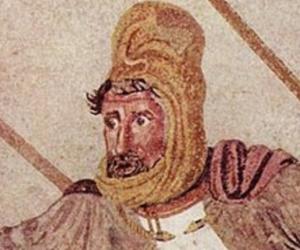
Darius III was the last Achaemenid King of Kings of Persia. He reigned from 336 BC to his death in 330 BC. Alexander the Great began his invasion of the Persian Empire in 334 BC and subsequently defeated the Persians in several battles. He then pursued Darius III. Before Alexander could reach him, Darius was killed by his relative Bessus.
Bindusara, son of Chandragupta Maurya, reigned as the second Mauryan emperor of India. He was the father of Ashoka the Great. Not much is known about his life. It is believed that much of the Deccan had been conquered by him, though there is no concrete proof of the same.
Mencius was a Chinese philosopher who idolized Confucius’ philosophy. Often referred to as the second Sage, after Confucius himself, Mencius is credited with further developing Confucius' ideology. Mencius is also credited with teaching many students, some of whom went on to become influential philosophers in their own right. Mencius is regarded as one of the most influential persons in history.
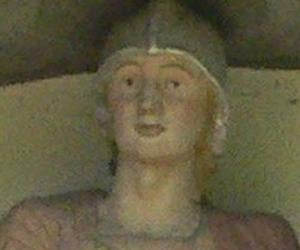
Martin of Tours, the patron saint of France, had initially fought for the Roman army. Born to Pagan parents, he converted to Christianity at age 10. Legend has it that a vision of Jesus in a dream, after he shared his cloak with a beggar, had pushed Martin into religion.
Saint Augustine was a philosopher, theologian, and the bishop of Hippo Regius in Roman North Africa. His writings are often credited with influencing the growth of Western Christianity and Western philosophy. He is also regarded as one of the Latin Church's most important Church Fathers in the Patristic Period. Among his many important works are Confessions and On Christian Doctrine.
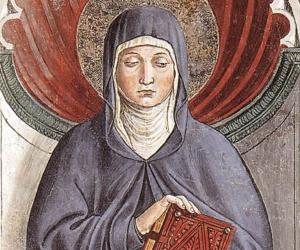
Greek king Pyrrhus, son of prince Aeacides, belonged to the Hellenistic period and ruled Epirus. His destructive losses in the wars that he fought gave rise to the term “Pyrrhic victory.” He fought against Rome in the Pyrrhic War and later died while fighting a street war in Argos.

Artaxerxes III, also known as Ochus, was King of Kings of the Achaemenid Empire from 359/8 to 338 BC. He was the son of Artaxerxes II and his wife Stateira. As a young man, he commanded his father’s army and claimed the throne after his father and brothers died. He conquered Egypt in 340 or 339 BC.
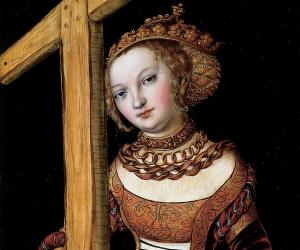

The son of legendary Gupta emperor ruler Chandragupta I, Samudragupta ruled from 350 to 375 CE. He was part of the golden age of Hindu history and is known to have revived the horse sacrifice or Ashvamedha ritual. A devout follower of Vishnu, he had control over almost the entire Gangetic valley.
Olympias served as the queen of Macedonia from 357 to 316 BC. As the mother of Alexander the Great, Olympias played an important role in Alexander's life. An extremely influential figure during Alexander's reign, Olympias was regarded as the de facto leader of Macedon during her son's conquests. Not surprisingly, Olympias is often depicted in stories that narrate Alexander's life.
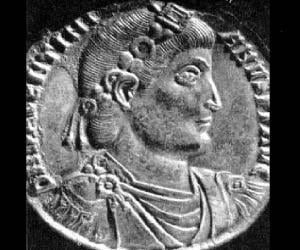
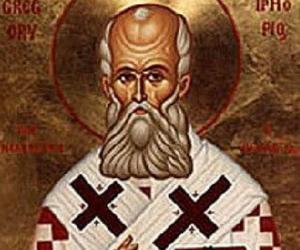
Gregory of Nazianzus was a theologian and Archbishop of Constantinople. He is widely regarded as the most renowned and talented rhetorical stylist of the patristic age. Much of Gregory of Nazianzus' theological work continues to have a significant impact on modern theologians.
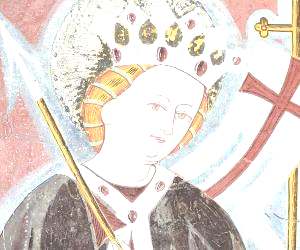
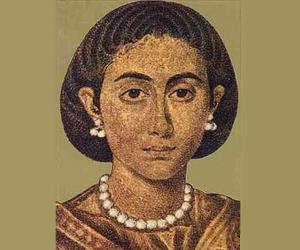
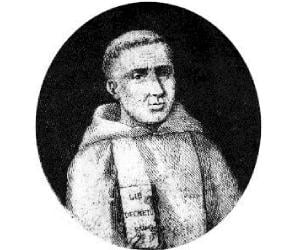
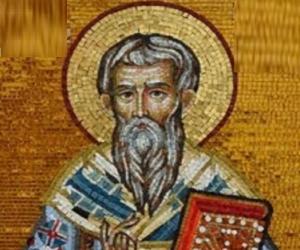
Gregory the Illuminator is the patron saint of the Armenian Apostolic Church. An important religious leader, Gregory is credited with converting Armenia from paganism to Christianity. Today, Gregory the Illuminator is venerated in the Armenian Apostolic Church, Oriental Orthodox Churches, Catholic Church, Eastern Orthodox Church, and Anglican Communion.
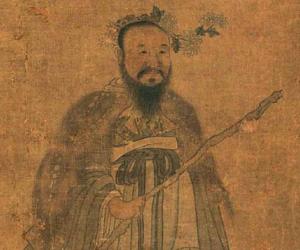
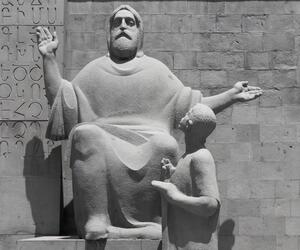
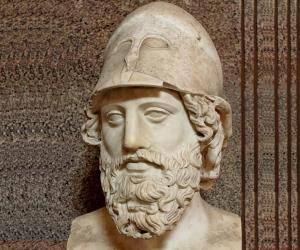
Parmenion was a Macedonian military general who served under Alexander the Great and Philip II of Macedon. Parmenion played an important role in the expansion of Macedonia under Philip II. He also fought alongside Alexander the Great in several battles such as the Battle of the Granicus, Battle of Issus, and Battle of Gaugamela.
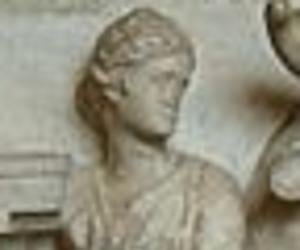
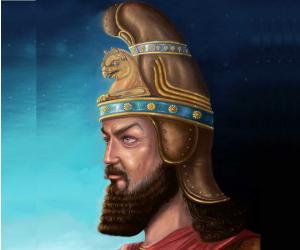
The youngest son of Achaemenid king Artaxerxes III, Arses of Persia was placed on the throne by Bagoas, a eunuch who had poisoned Artaxerxes III and all of Arses’s brothers. Though Arses later revolted against Bagoas’s control, he was killed, along with his children, and the throne was given to Darius III.
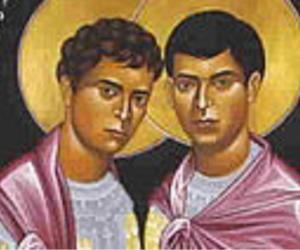
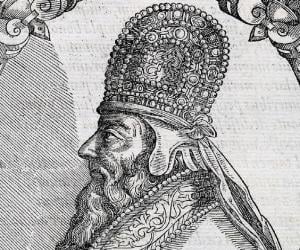
Persian king Artaxerxes II was the son of King Darius II. After he lost Egypt, he faced a strong revolt led by his brother, Cyrus the Younger, and though Cyrus was later killed, his rebellion kickstarted multiple successive revolts. Artaxerxes’s reign also saw major deviations in religion, with the worship of Anāhitā.
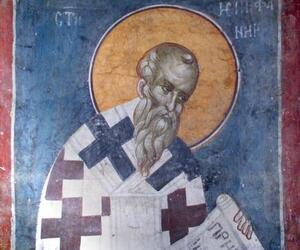
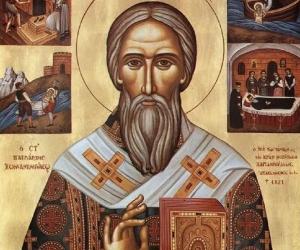
Cyril of Jerusalem was a theologian of the early Church who succeeded Maximus as Bishop of Jerusalem towards the end of 350 AD. He is credited with documenting the instruction of catechumens and the order of the Liturgy in his day. He was declared a Doctor of the Church by Pope Leo XIII in 1883.

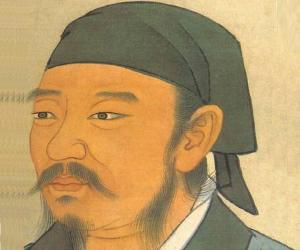
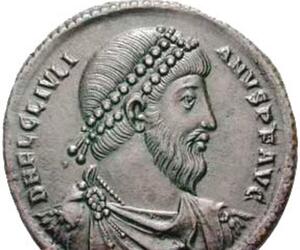
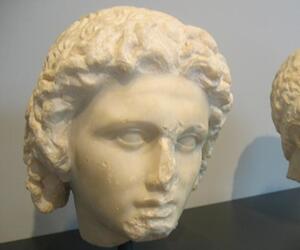
Hephaestion was an ancient Macedonian army general and nobleman who served under Alexander the Great. A close ally of Alexander the Great, Hephaestion shared all his secrets with the former and their relationship has been compared to that of Patroclus and Achilles. Hephaestion has been portrayed in many films such as the 2004 epic historical drama film Alexander.
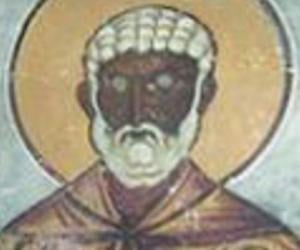
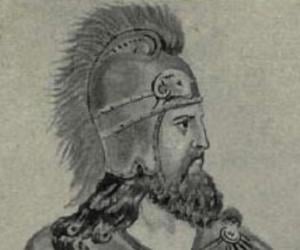
Vardan Mamikonian was an Armenian military and spiritual leader. He is best remembered for his participation in the Battle of Avarayr, where he led the Armenian army. The battle was fought to secure Armenia's right to practice Christianity. Hence, Vardan Mamikonian is considered a saint of the Armenian Apostolic Church. He is also considered a national hero by Armenians.
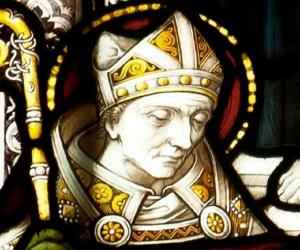
Initially a high-ranking government official, Germanus of Auxerre quit his job to devote himself to the Church. The Roman clergyman served as the bishop of Auxerre. He established the Monastery of SS. Cosmas and Damian. He is also remembered for his fight against Pelagianism and his support for the Cult of Saint Alban.
